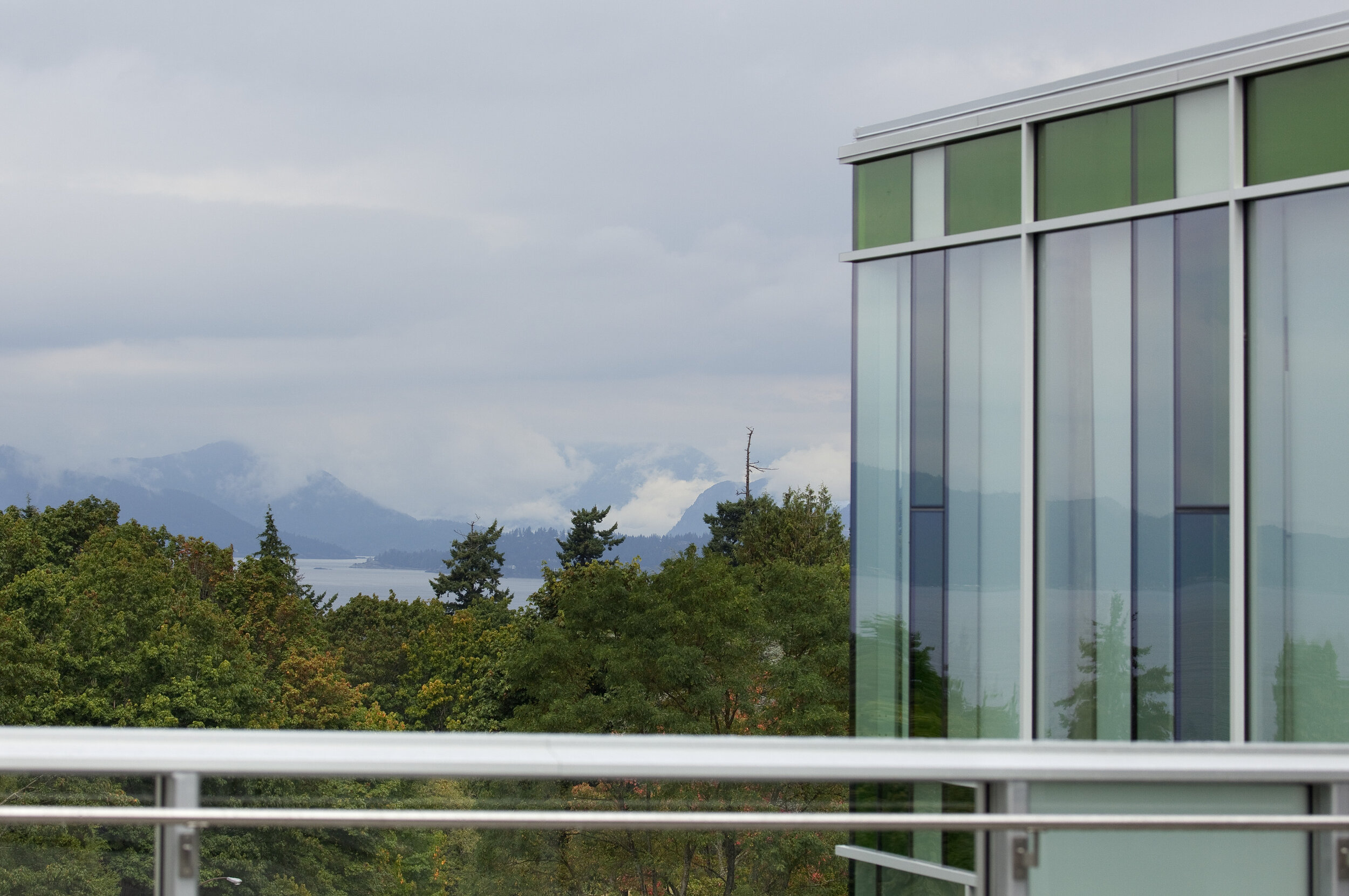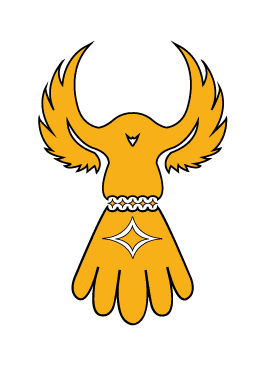
Iain Barnes
Committee Member, ḴEL,ḴELOŦEN ȻE S,ISTEW̱ Fund
Vice President, AES
Iain is a Vice President at AES and has worked on many unique and interesting projects in all areas, including industrial, municipal infrastructure, marine and other buildings. He enjoys projects with significant technical or logistical challenges to work through, allowing the exploration of creative and unique solutions.
Iain began his career in the electrical industry in 1990 as an electrician and has worked hands-on on many unique and challenging projects. At AES, he endeavours to provide that knowledge to all of his clients, ensuring that his designs are robust, practical and cost efficient.
He holds a Bachelor of Electrical Engineering from the University of Victoria. Iain is also a Red Seal Electrician, completing this training at Camosun College.
P.Eng., RCDD, LEED AP BD+C
I’ve always lived in Victoria. My father was an electrician, and my mother was a nurse. My mother got a bachelor degree as part of her nursing education so I’m not the first one to go to university.
I never really tried in high school, but I did well. I definitely did not have the maturity to go to university at that time so post-secondary was not something I even thought about. When I graduated, I ended up being a floor layer for about six months through a friend before I realized that it was not for me. I then went to work as an apprentice electrician with a local company in Victoria. I did my apprenticeship, got my red seal, and so I was an electrician doing industrial and commercial work until 1998. In 1999, I started working with another company that did more specialized electrical work, control systems and troubleshooting, where the owner was an engineer. That was my path to going to university in 2000 where I worked through my engineering degree, which seemed to be an obvious extension to being an electrician.
Out of high school I didn’t have the maturity to focus or do well at all in university, not that I did the second time around in 2000, but the background of being in the industry gave me a huge amount of context for what I was learning.
I went into the program, not for the grades, but to add value to where I wanted to go with my life. So even to this day, a lot of the classes that I took, I still remember them, because I had a direct connection to experiences, I’d had working in the world. I still retain that knowledge because it had that contextual connection. As a mature student, I did pull different values from the program than a lot of the younger kids because I had actually already been out in the world. Going back to university allowed me to appreciate the courses on a bit of a different level.
During the co-op program at U Vic, I worked for the same company every alternating semester. We did a lot of work with hydro generation facilities in remote locations throughout BC. I spent a lot of time out of town in the middle of nowhere. No cellphone coverage, no internet or google to back up what you’re doing: you’re there on your own and you have to figure it out. After a few years of that, I decided that I wanted something more local, where I didn’t have to be out of town so much. I had known some of the folks at AES Engineering through working with them through the other company, so I approached one of the owners and they were happy to take me on.
When I graduated from U Vic, I moved away from a hands-on working arrangement to a more consultant type, desk environment side of engineering. That was a big shift in mentality, from being the guy designing stuff on the fly and building it, to the guy running paperwork telling somebody else how to do it. There was definitely a learning curve to appreciate that end of it. That was 2005, and I had an opportunity to buy into the company some time later. I made some financial investments and got in and started the ownership track. The entrepreneurial and ownership side is completely different skillset from the engineering side of the industry, so that has been another learning process.
Starting around that time, I undertook training to be a licensed commercial pilot. As my wife likes to tell me, my hobbies are basically careers for other people. There’s always things I want to learn and the most overwhelming hobby in the world tends to be what I end up doing.
This year, I’ve started getting my MBA. Regardless of what position you are in life or where you think you might have landed, there’s always more to be learned and more to be had. I’m certainly the forever student.
When I started in the industry I worked under a very skilled and wise foreman. I ended up working with him again at AES when we hired him to work with us on quality assurance.
One of the things that he said very early on in my apprenticeship, was that regardless of what your job is, even if you’re pushing a wheelbarrow full of sand around, you need to have pride in what you do. It’s the difference between a job and a career. If you’re going to just show up and clock your eight hours in, and not care, or try to better yourself or the work, or help the people around you, then it’s always going to be a job and you’re never going to go anywhere with it. But if you look at anything you do as a career and you treat it professionally, it will take you somewhere. You might just be putting plugs in a wall but think about what you’re doing and how you can up your game on the technical side of it and how can you learn to do this job more effectively. That’s something that was engrained in me a very long time ago and I’ve applied that mentality in everything that I do.

